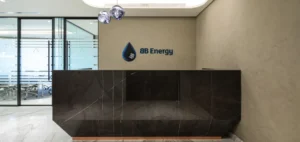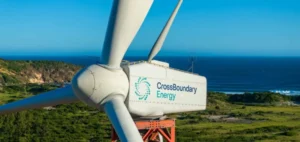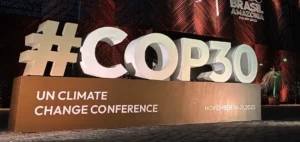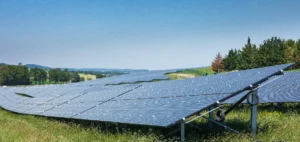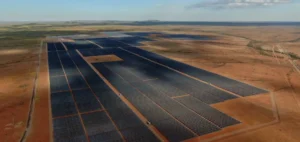Technip Energies has been selected by Jet Zero Australia Pty Ltd to carry out the Front-End Engineering Design (FEED) for the Ulysse project. The project, located in Townsville, Australia, aims to convert bioethanol into sustainable aviation fuel (SAF). The contract covers various activities, such as engineering, documentation, and planning, to finalise cost estimates and define detailed project schedules.
The initiative aims to produce up to 102 million litres of sustainable aviation fuel per year by 2028. Additionally, the project plans to produce 11 million litres of renewable diesel annually, using exclusively Australian bioethanol. Technip Energies’ Hummingbird® technology, which converts bioethanol into sustainable ethylene, will be combined with LanzaJet’s alcohol-to-jet technology, enabling the conversion of ethylene into sustainable aviation fuel.
The contract marks a significant advancement for Jet Zero, which aims to make this project the first sustainable aviation fuel plant in Australia. According to Sylvain Cabalery, Senior Vice President (SVP) of Sustainable Fuels, Chemistry, and Circularity at Technip Energies, this initiative is crucial as the global aviation industry seeks to secure its supply and reduce its emissions. The project could reduce up to 70% of the greenhouse gas emissions associated with aviation fuel production.
With this partnership, Technip Energies and LanzaJet provide an integrated technological solution that meets the growing energy sustainability needs of the aviation industry.
A step towards energy self-sufficiency
The Ulysse project could mark an important milestone in Australia’s energy transition, enabling the country to produce a significant portion of its own sustainable aviation fuel. This initiative is set against a backdrop where global aviation seeks to reduce its carbon footprint while ensuring stable fuel supply. The use of local resources, such as Australian bioethanol, could also strengthen the country’s energy security.
The introduction of this large-scale project could encourage other countries to invest in similar technologies, contributing to greater adoption of sustainable fuels in the global aviation sector. With increasingly ambitious greenhouse gas emission reduction targets, sustainable aviation could become a cornerstone of developed nations’ energy policies, and this plant could play a key role in this dynamic.
An evolving technological model
The combined technological process of Technip Energies and LanzaJet presents an evolving model for the production of sustainable fuels. By integrating innovations in chemistry and energy conversion, this model could be replicated in other projects worldwide. The success of the Townsville plant could pave the way for new initiatives using local resources to produce low-carbon fuels, a field increasingly under scrutiny by global regulators.





